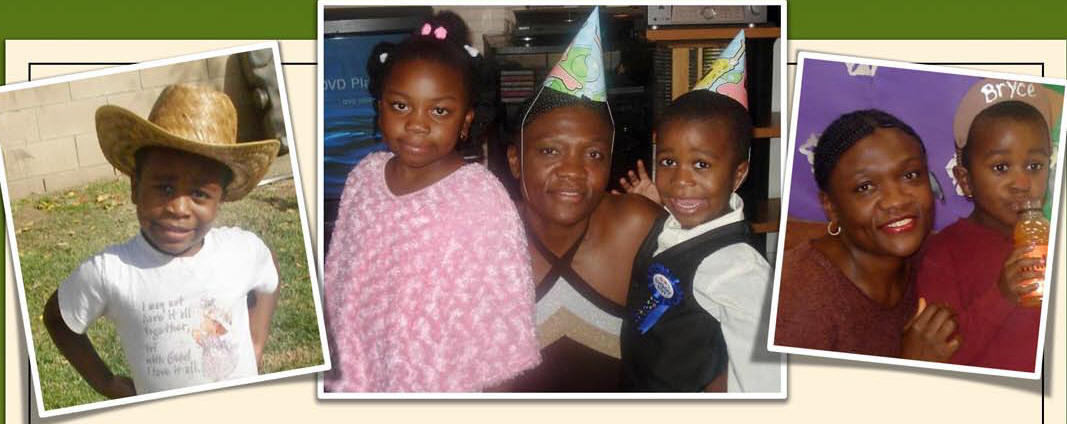Christian Living Stories: Facing Up to Autism
 Before my son was born, I had a few friends who had children with autism. But I had no clue what it really meant, other than that some of those children were very hard to control.
Before my son was born, I had a few friends who had children with autism. But I had no clue what it really meant, other than that some of those children were very hard to control.
At 19 months, my son was diagnosed with autism. Autism is a developmental disorder that affects communication, social, sensory and emotional interaction in a toddler before the age of three. The causes are highly debatable if not controversial. It is believed to be caused by genetic and/or environmental factors.
When our son was diagnosed, we were devastated, although I had suspected something was wrong. At 19 months, he was at the developmental age of 0 to 3 months in cognition, language and
communication skills. A diagnosis at this early age meant his symptoms were severe, but it was positive in that early intervention could help.
With no known cause or cure, the future looked bleak. One of his therapists advised us to just keep trying every day to teach him, although it could take months or years before he could say a word or two.
“With intensive therapy, our son is now able to speak, and his tantrums and moods have reduced, but autism still has no cure and therapy is expensive.”
I went to a seminar for parents of newly diagnosed autistic children and left in tears. I sent a note to my minister’s wife telling her of the diagnosis and asking for help. After a church service, several elders prayed for him. Brethren, friends and family also prayed for him, and God has given us a measure of hope and comfort.
With intensive therapy, our son is now able to speak, and his tantrums and moods have reduced, but autism still has no cure and therapy is expensive. My husband had to make a video
presentation of my son’s progress in order to secure funding for the therapies.
I am very grateful to be in this country where great medical breakthroughs can make an unknown or rare disorder manageable. In some developing countries, due to lack of awareness and
education, coupled with traditional beliefs, many disabled people face neglect. Disabled children in some areas are regarded as objects of the gods’ disfavor and are abandoned. Those who survive often end up living on the streets. This has led my sister and me to start a nonprofit foundation called The Foundation for Orphaned, Abandoned and Disabled African Children (FOADAC), a foundation that takes care of some of these abandoned and disabled children. If you would like to know more about it, please visit our web site at www.foadac.org.
For more, you may wish to read the article “Ten Things Every Child With Autism Wishes You Knew,” by Ellen Notbohm, on her
website.
Author: Judith Foyabo
